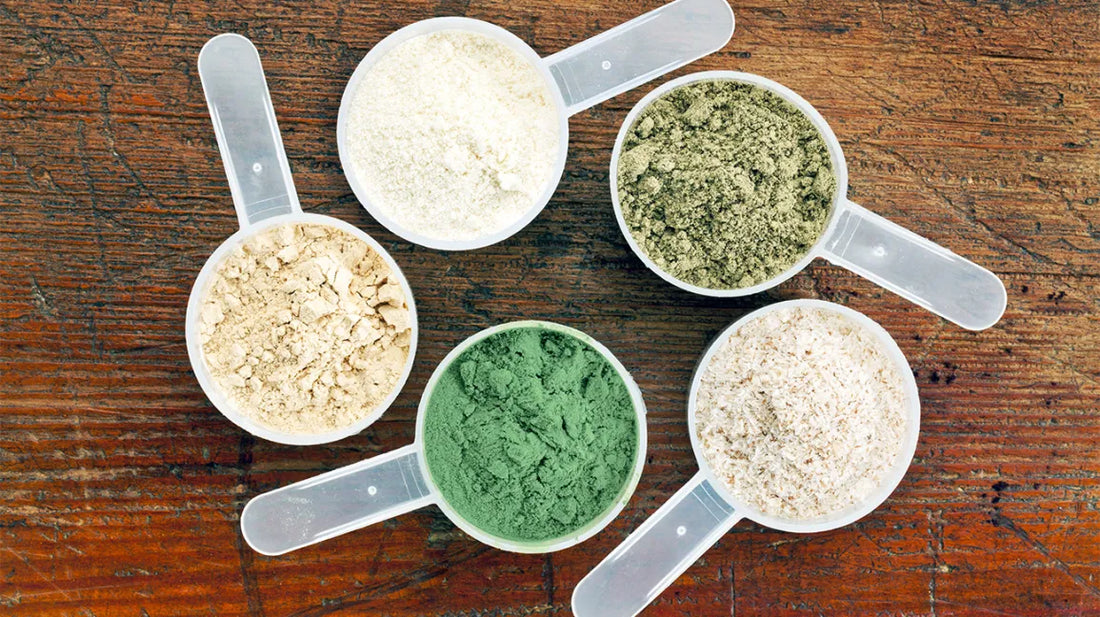Maintaining muscle health is crucial for senior citizens to stay active, independent, and healthy. As we age, muscle mass naturally declines—a condition called sarcopenia—which can lead to weakness and mobility challenges. One of the most effective ways to combat this is through a diet rich in protein. This article explores why protein is essential for older adults, how it helps prevent muscle loss and weakness, and practical tips for including the right kinds of protein in daily meals.
Why Protein Is Vital for Aging Muscles
Aging causes a gradual reduction in muscle mass and strength, which impacts balance, coordination, and overall quality of life. Protein plays a central role in preserving muscle tissue by supplying amino acids needed for muscle repair and growth.
The Impact of Muscle Loss in Seniors
Muscle loss in the elderly is linked to increased risks of falls, fractures, and chronic diseases. This makes maintaining muscle strength imperative for seniors who want to maintain their independence and reduce healthcare complications.
How Protein Supports Muscle Maintenance
Protein intake stimulates muscle protein synthesis, the body’s process of building and repairing muscle fibers. Adequate protein consumption ensures seniors have the nutrients required to slow down muscle degeneration and reduce weakness.
Recommended Protein Intake for Senior Citizens
Older adults often need more protein than younger people to maintain muscle mass due to changes in metabolism and muscle sensitivity.
General Guidelines for Protein Consumption
Health experts generally recommend that seniors consume about 1.0 to 1.5 grams of protein per kilogram of body weight daily. For a 70 kg senior, that equates to 70 to 105 grams of protein daily, spread evenly across meals to maximize muscle support.
Quality Matters: Choosing the Right Protein Sources
Focus on high-quality proteins rich in essential amino acids. Both animal and plant-based proteins can effectively contribute to muscle health.
Best Protein Sources for Older Adults
Selecting sources that are easy to prepare and digest is essential for the senior population. Here’s a list of excellent options:
Animal-Based Options
-
Lean meats like chicken and turkey
-
Fish rich in omega-3 fatty acids, such as salmon and mackerel
-
Eggs, which are nutrient-dense and easy to cook
-
Dairy products, including yogurt and cheese
Plant-Based Alternatives
-
Legumes such as lentils and chickpeas
-
Soy-based foods like tofu and tempeh
-
Whole grains, including quinoa and barley
-
Nuts and seeds as snacks or meal additions
Incorporating a variety of these foods can support muscle strength and help prevent weakness related to aging.
Additional Nutritional Tips for Seniors
While protein is key, combining it with other nutritional strategies enhances muscle preservation.
Balance Protein with Vitamins and Minerals
Calcium, vitamin D, and magnesium work together with protein to maintain muscle and bone health. Seniors should ensure these nutrients are part of their diet through food or supplements.
Stay Hydrated and Active
Proper hydration supports muscle function, while regular physical activity, such as resistance training or walking, complements protein’s muscle-building effects.
How to Easily Boost Protein Intake for Seniors
Practical ideas can help seniors include more protein in enjoyable, manageable ways.
-
Start the day with scrambled eggs or Greek yogurt topped with nuts
-
Add beans to soups, salads, or stews
-
Snack on cottage cheese or nut butter
-
Choose fish or lean poultry for dinner
-
Use protein powders or shakes to quickly increase intake when needed
Conclusion
Protein is an essential nutrient for seniors aiming to prevent muscle loss and combat weakness. By consuming adequate, high-quality protein and pairing it with balanced nutrition and exercise, older adults can maintain muscle strength, improve mobility, and enhance overall well-being. Understanding the importance of protein for aging muscles empowers seniors and caregivers to make informed dietary choices that promote independence and a better quality of life.




